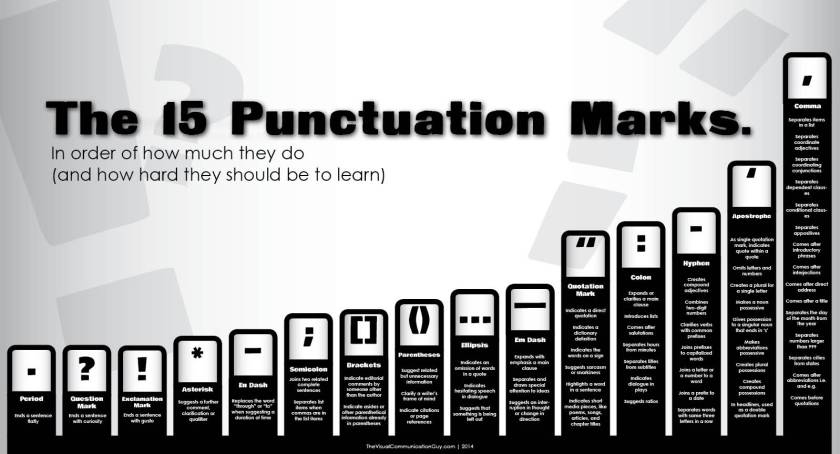The author Jack London is not someone with whom I share a great deal of philosophical affinity. His nihilism stings my mind’s nostrils. But he was a good writer, and many passages from his works can work on my own mind. I was reading one of my favorite works of his with some friends yesterday and was struck by the following few sentences.
“This man did not know cold. Possibly all the generations of his ancestry had been ignorant of cold, of real cold, of cold one hundred and seven degrees below freezing-point. But the dog knew; all its ancestry knew, and it had inherited the knowledge (Jack London, To Build a Fire).”
As this is not a lit crit blog, but rather one on teaching, let me relate the thoughts on teaching that came to me from this passage. London seems to exalt in the fact that the dog’s instincts are clearer or more compelling than the man’s knowledge. And this is tied to generational knowing. Dog instinct, inherited through the parent’s genes, is powerful in its consistency. A dog breed is behaviorally consistent from generation to generation.
But man, though connected to past generations, is dependent upon memory rather than instinct. He knows what he knows by what others older than himself have taught him. This makes curricular issues poignant. Whenever a change is made to the path of learning, all the strength of the past is weakened by the new path. Ideological change inevitably brings such curricular changes. This is particularly noticeable in the area of language study.
As the philosophy of language study has changed, the path by which a given language is to be taught has become less clear. And as several generations have now passed since the great upheaval in language occurred in the early 20th century (see T.S. Eliot’s work on this here), many currently teaching language have to teach it the way they were taught it and they were not taught it in the old paths, but what were considered new in their own youth. This weakens teaching.
I asked one Spanish teacher if she finds herself teaching as much English grammar as she does Spanish in a day’s work. She was quick and clear that such was not only so, but necessary. A loss of trust in rules has brought us to fewer and fewer dependable, generational rules of language. Look at this chart.

Most students are no longer taught such rules of punctuation, but rather are coached on usage from within a given written passage. In other words, rather than passing down rules of usage from generation to generation, students today are taught in somewhat of an historical vacuum. They have no anchor in the past with which to moor their current yacht of language. As a result, most of my writing students think an essay is just a really long text message.

The implications are far reaching and beyond this short blog. But it is worth contemplation. It is also a great argument for slowing down the rate of experimentation and change that is rampant in modern educational curriculum practice. Every time you change something, you weaken the past. Dogs know its too cold; why don’t intelligent human beings?

